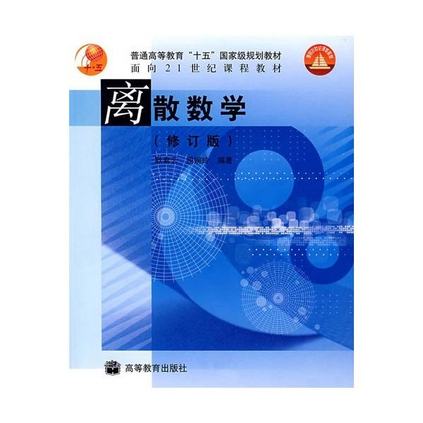In 1998, Reed conjectured that every graph $G$ satisfies $\chi(G) \leq \lceil \frac{1}{2}(\Delta(G) + 1 + \omega(G))\rceil$, where $\chi(G)$ is the chromatic number of $G$, $\Delta(G)$ is the maximum degree of $G$, and $\omega(G)$ is the clique number of $G$. As evidence for his conjecture, he proved an "epsilon version" of it, i.e. that there exists some $\varepsilon > 0$ such that $\chi(G) \leq (1 - \varepsilon)(\Delta(G) + 1) + \varepsilon\omega(G)$. It is natural to ask if Reed's conjecture or an epsilon version of it is true for the list-chromatic number. In this paper we consider a "local version" of the list-coloring version of Reed's conjecture. Namely, we conjecture that if $G$ is a graph with list-assignment $L$ such that for each vertex $v$ of $G$, $|L(v)| \geq \lceil \frac{1}{2}(d(v) + 1 + \omega(v))\rceil$, where $d(v)$ is the degree of $v$ and $\omega(v)$ is the size of the largest clique containing $v$, then $G$ is $L$-colorable. Our main result is that an "epsilon version" of this conjecture is true, under some mild assumptions. Using this result, we also prove a significantly improved lower bound on the density of $k$-critical graphs with clique number less than $k/2$, as follows. For every $\alpha > 0$, if $\varepsilon \leq \frac{\alpha^2}{1350}$, then if $G$ is an $L$-critical graph for some $k$-list-assignment $L$ such that $\omega(G) < (\frac{1}{2} - \alpha)k$ and $k$ is sufficiently large, then $G$ has average degree at least $(1 + \varepsilon)k$. This implies that for every $\alpha > 0$, there exists $\varepsilon > 0$ such that if $G$ is a graph with $\omega(G)\leq (\frac{1}{2} - \alpha)\mathrm{mad}(G)$, where $\mathrm{mad}(G)$ is the maximum average degree of $G$, then $\chi_\ell(G) \leq \left\lceil (1 - \varepsilon)(\mathrm{mad}(G) + 1) + \varepsilon \omega(G)\right\rceil$.
翻译:在1998年, Reed 猜测每张G$符合 $1chi( G)\leq\ lceil$ $50美元,\leq\ lceil$美元 $50{1\\2}(\delta( G)+ 1+\omega( G)\rcele$, 其中$chi( G) 是色数$, $delta( G) 是美元的最大度, $\\delta( g) 是美元, 美元。 作为他的推测的证据, 他证明了它的“epselon ” 版本是美元 美元, 也就是说, $\\\\\\\\\ licl= 美元 美元, 美元是美元, 美元



